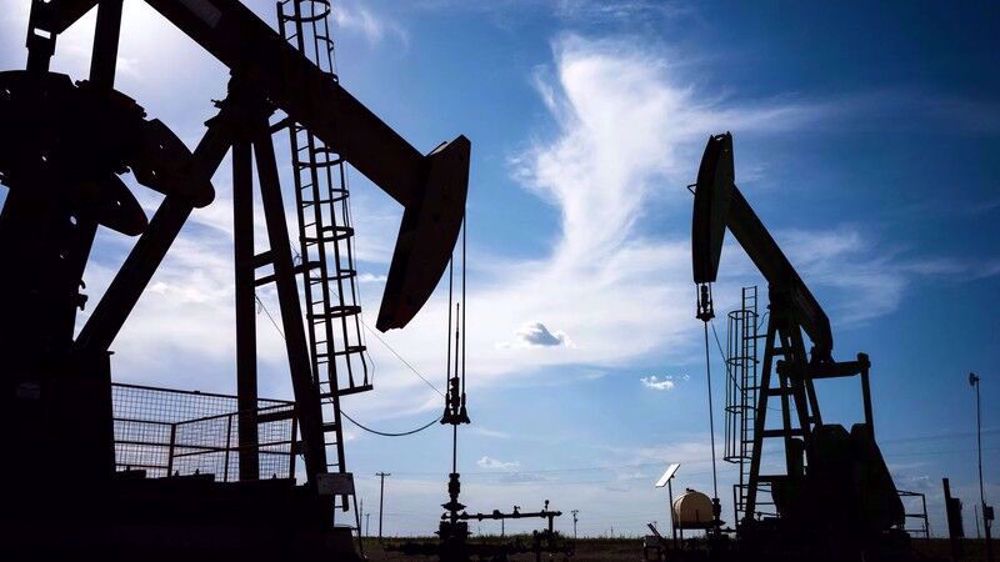Western oil giants on job cutting spree
Royal Dutch Shell has joined a growing list of Western energy giants in announcing broad cuts to jobs and investments amid expectations of a “deep downturn”.
The Anglo-Dutch company said Thursday it will eliminate 6,500 staff and contractor positions this year and reduce investment by $7 billion or 20%.
Shell joins the ranks of the world’s biggest oil producers such as BP and ConocoPhillips in announcing layoffs. US energy giant Chevron said this week it was showing the door to 1,500 workers to save $1 billion like Conoco.
Britain's biggest domestic energy provider Centrica said it too would cut 4,000 positions while Saipem, a subsidiary of Italian oil giant Eni, announced axing 8,800 jobs.
Shell further said it was selling a 33% stake in Japan's Showa Shell Sekiyu for around $1.4 billion. The company is gearing up for $70 billion takeover of British Gas which will make it worth twice the value of BP and overtake Chevron.
Shell, which employs about 94,000 people worldwide, plans to cut operating costs by $4 billion this year. The layoff plan was announced as the company reported second-quarter net profit of $3.55 billion.
The company, like its peers, cited oil prices which have slumped 50% to around $50 a barrel in the past year, saying the downturn could last for several years. In April, Shell said it was confident prices would return to $90 a barrel in three years.
Crude prices have been slow to recover from six-year lows amid a supply glut which is the result of the US producing near the fastest rate in three decades and its ally in OPEC – Saudi Arabia – pumping at a record pace.
"These are challenging times for the industry, and we are responding with urgency and determination, but also with a great sense of excitement for the future," Shell Chief Executive Ben van Beurden said.
"The company has to be resilient in today's oil price environment, even though we see the potential for a return to a $70-$90 oil price band in the medium term," he added.
Van Beurden said his company was shifting focus to offshore oil fields in Alaska, adding they have the potential to produce more energy than the biggest projects in the Gulf of Mexico where energy giants have a disastrous record for oil spills.
VIDEO | Iran, Pakistan vow to resist Israeli genocidal actions in Gaza
Israeli strike on Lebanon kills at least 15 people
Israeli forces kill 7 more Palestinians in West Bank
VIDEO | US presidential election
Netanyahu fires military affairs minister Gallant
Hezbollah attacks turn Israel’s Haifa into a ghost town
Iran’s FM meets Pakistani PM, discusses bilateral ties, Israeli atrocities
Iran ramps up gasoline output amid rising demand










 This makes it easy to access the Press TV website
This makes it easy to access the Press TV website